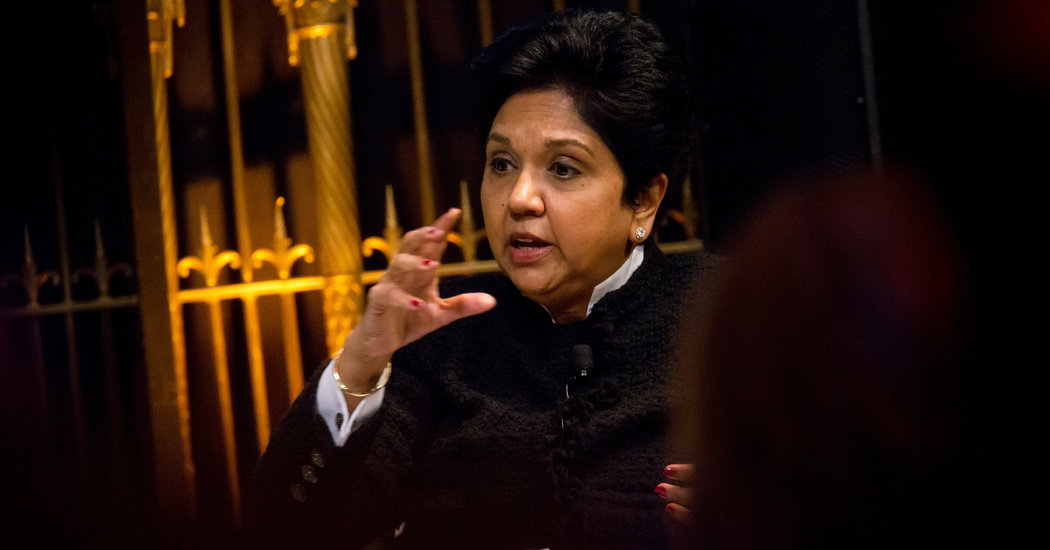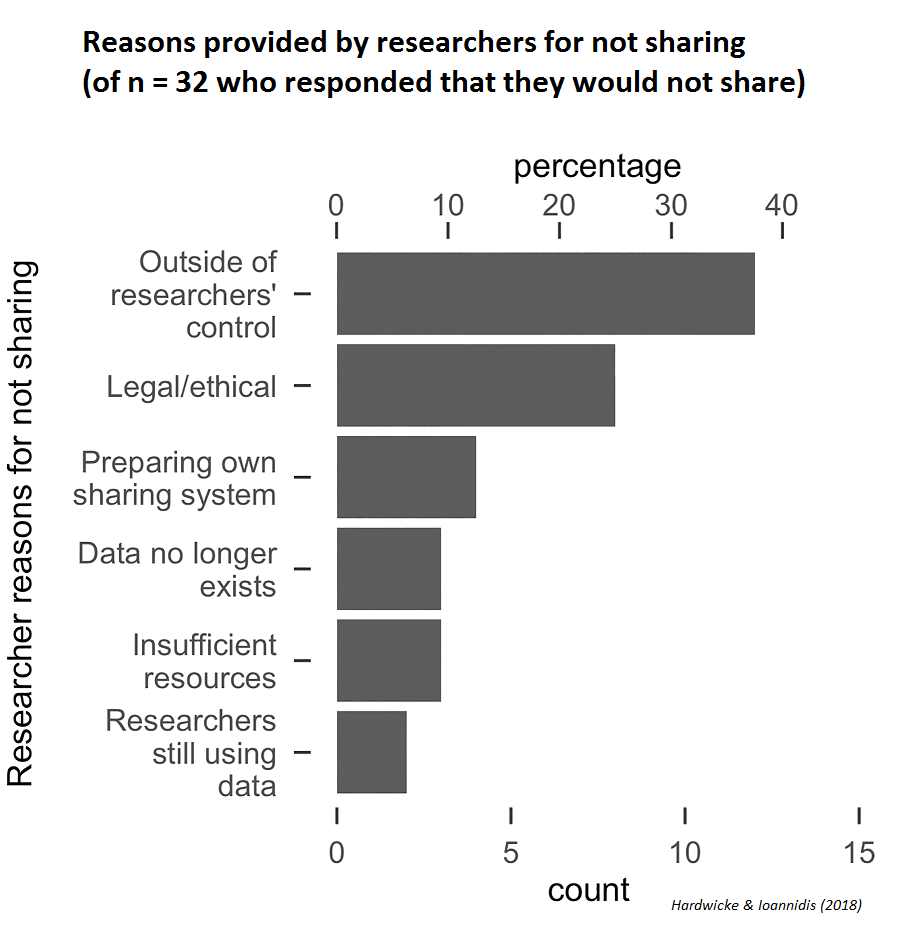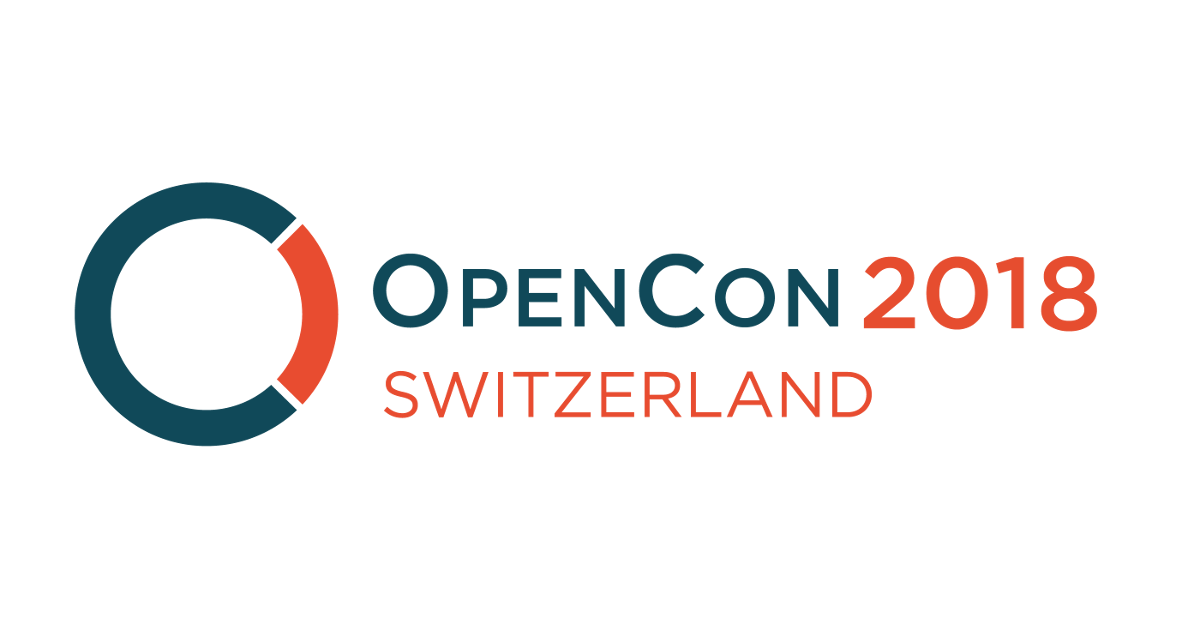When a Female C.E.O. Leaves, the Glass Ceiling Is Restored
Even at companies run by prominent women — where it seems that gender diversity has made great strides — why is a female leader hardly ever replaced by another woman?

Even at companies run by prominent women — where it seems that gender diversity has made great strides — why is a female leader hardly ever replaced by another woman?

Thanks to a major new international research study, it's no longer possible to pretend that predatory journals are not a serious problem that needs serious attention.

In a slightly depressing new paper, researchers describe how they tried to get access to the data behind 111 of the most cited psychology and psychiatry papers published in the past decade. Only 14% of the datasets were made available with no restrictions on who could access them.

I want to see whether the wisdom of crowds does a better job than conventional grant review at supporting research, says Johan Bollen.
Only about 20% of statements indicate that data are deposited in a repository, which the PLOS policy states is the preferred method. More commonly, authors state that their data are in the paper itself or in the supplemental information, though it is unclear whether these data meet the level of sharing required in the PLOS policy.
Virtual peer review using videoconferencing or teleconferencing appears promising for reducing costs by avoiding the need for reviewers to travel, but again any consequences for quality have not been adequately assessed.
A novel set of text- and citation-based metrics that can be used to identify high-impact and transformative works. The 11 metrics can be grouped into seven types: Radical-Generative, Radical-Destructive, Risky, Multidisciplinary, Wide Impact, Growing Impact, and Impact (overall).
Even after reading every single related news article, it is still worth reading the 300-plus page National Academies of Science, Engineering, and Medicine report on Sexual Harassment in its entirety. The report lays out why academia is fundamentally broken and incapable of dealing with harassment.

The nonprofit's Summer Immersion Program aims to catch girls before their interest in computer science plummets.

A fresh, practical look at how diversity impacts on engineering and strategies for change.
Citizen science: crowdsourcing for systematic reviews looks at how people can contribute their expertise to scientific studies using new online platforms - even if they don’t think of themselves as researchers or scientists.

Jocelyn Bell Burnell's skills on the radio telescope were on point. Following the discovery of pulsars, Bell Burnell faced casual sexism from the media and public as well.

What will it take to make the majority of scholarship open access so anyone can read it without a paywall?

In this controversial opinion piece, German science expert Stefan Hornbostel argues that some transparency is good for science - but too much can backfire, reducing the efficiency and quality of research and eroding public trust.
We need to start talking about what kind of planet we want to live on.

The potential of preprints to drive scientific understanding and innovation, and even support good journalism.
Choosing wisely from a burgeoning array of digital tools can help researchers to record experiments with ease.
After much investigation and active measures, we can state that the DOAJ is effectively under attack from an unknown third party.
Smaller countries rely more on regional collaborations than on domestic interaction.
Students from Saudi Arabia studying Canada are have been ordered by their government to leave the country in the middle of their courses.
Withdrawal is ordered as part of larger diplomatic spat over Canadian criticism of Saudi arrests of human rights activists.
The first OpenCon satellite event in Switzerland will take place on September 21-22 at the SNSF in Bern. Registrations are open until the end of August.

Publons’ ECR Reviewer Choice Award celebrates early-career researchers' exceptional contribution to peer review, recognizing an individual who has been influential in the realm of peer review or has significantly contributed to improving the system.
